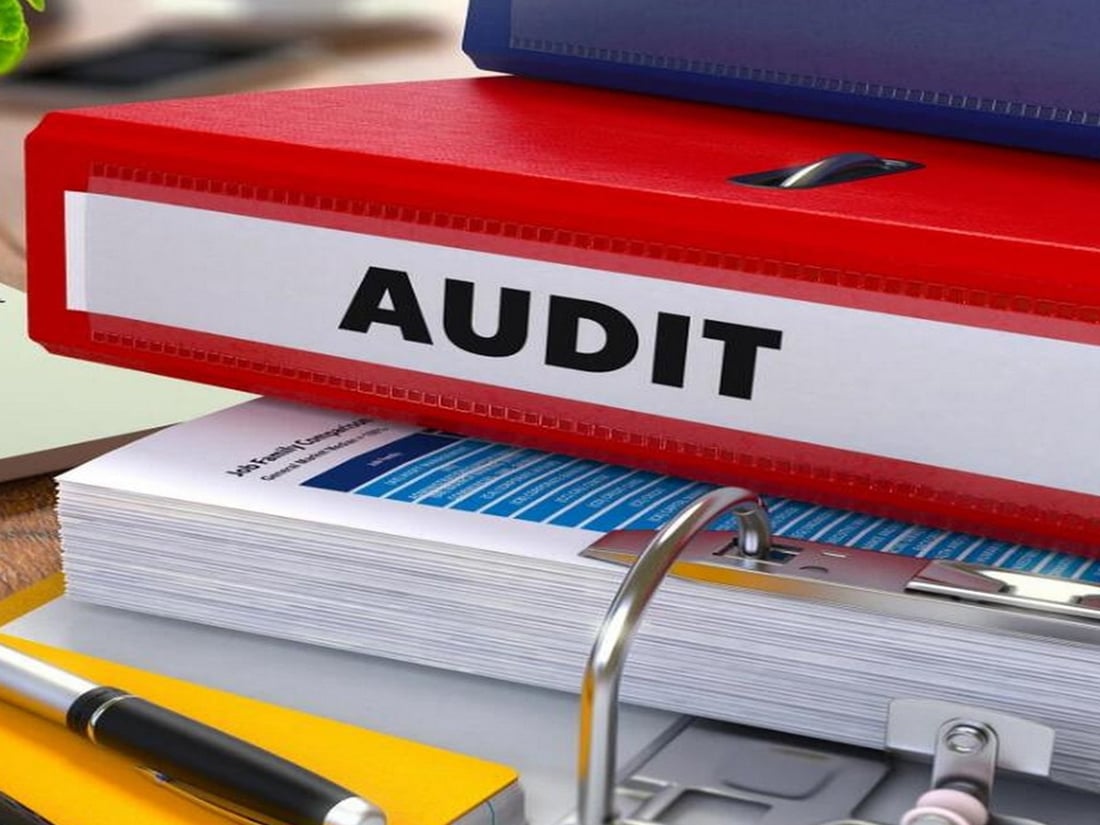Introduction: The Basics of Factory Audit
Factory audit is a crucial process in the business world that helps ensure the quality, compliance, and ethical standards of manufacturing facilities. It involves a comprehensive examination and evaluation of a factory's procedures, practices, and operations to determine if they meet the required standards. In this article, we will delve deeper into the concept of factory audit, its significance, and how it is conducted.
The Significance of Factory Audit
A factory audit plays a vital role in various aspects of the manufacturing industry. It helps businesses ensure that the factories they work with adhere to the necessary standards, ultimately safeguarding their reputation and brand image. Additionally, it helps companies identify potential risks, monitor production processes, and maintain a high level of product quality. By conducting regular factory audits, businesses can mitigate potential issues and maintain a healthy relationship with their manufacturing partners.
Types of Factory Audits
Factory audits can take different forms depending on the specific needs and requirements of a business. Some common types of factory audits include:
- Quality Audit: A quality audit focuses on assessing a factory's adherence to quality management systems, such as ISO 9001. It aims to identify any quality-related issues and ensure that the factory meets the required quality standards.
- Social Compliance Audit: This type of audit evaluates a factory's compliance with social and ethical standards, including labor laws, working conditions, child labor, and overall worker welfare.
- Environmental Audit: An environmental audit assesses a factory's compliance with environmental regulations and standards. It examines factors such as waste management, pollution control measures, and sustainable practices.
- Security Audit: A security audit focuses on evaluating a factory's security measures to ensure the safety of employees, intellectual property, and other valuable assets.
The Factory Audit Process
The factory audit process typically involves several key steps:
- Preparation: The auditor gathers information about the factory, including its location, size, production capacity, and relevant industry standards.
- Planning: The auditor develops a detailed plan outlining the scope, objectives, and methodologies of the audit.
- On-Site Visit: The auditor visits the factory to conduct physical inspections, interviews with key personnel, and document reviews.
- Data Analysis: The auditor analyzes the gathered information, identifies any non-compliance issues, and compiles a comprehensive report.
- Reporting: The auditor prepares a detailed report that includes findings, recommendations, and action plans for the factory to address any identified issues.
- Follow-Up: After the audit, the auditor may conduct follow-up visits to ensure that the factory has implemented the recommended improvements.
Benefits of Factory Audit
Factory audits offer numerous benefits to businesses:
- Quality Assurance: By conducting regular audits, companies can ensure that their products meet the required quality standards and specifications.
- Supply Chain Transparency: Factory audits help businesses gain visibility into their supply chains, ensuring that their products are manufactured under ethical and compliant conditions.
- Risk Mitigation: Audits identify potential risks and issues, allowing businesses to take proactive measures to mitigate them, minimizing disruptions and financial losses.
- Improving Supplier Performance: Factories that undergo audits often strive to improve their performance to maintain business relationships with their clients.
Challenges in Factory Audit
While factory audits offer numerous benefits, they also come with certain challenges:
- Language and Cultural Barriers: Auditors may face challenges in communication and understanding due to language and cultural differences.
- Document Verification: Verifying the authenticity of documents provided by the factory can be challenging, as they may not always reflect the actual practices.
- Hidden Non-Compliance: Some factories may try to conceal certain non-compliant practices during the audit, making it crucial for auditors to be thorough and vigilant.
- Continuous Monitoring: Conducting regular audits can be resource-intensive, requiring significant time and effort to ensure ongoing compliance.
Conclusion: Prioritizing Factory Audit for Business Success
Factory audit is a vital process for businesses that rely on manufacturing partners. It helps ensure quality, compliance, and ethical practices within the supply chain, ultimately safeguarding the reputation and success of the business. By understanding the process, types, and benefits of factory audits, companies can make informed decisions and maintain a strong and sustainable relationship with their manufacturing partners.

